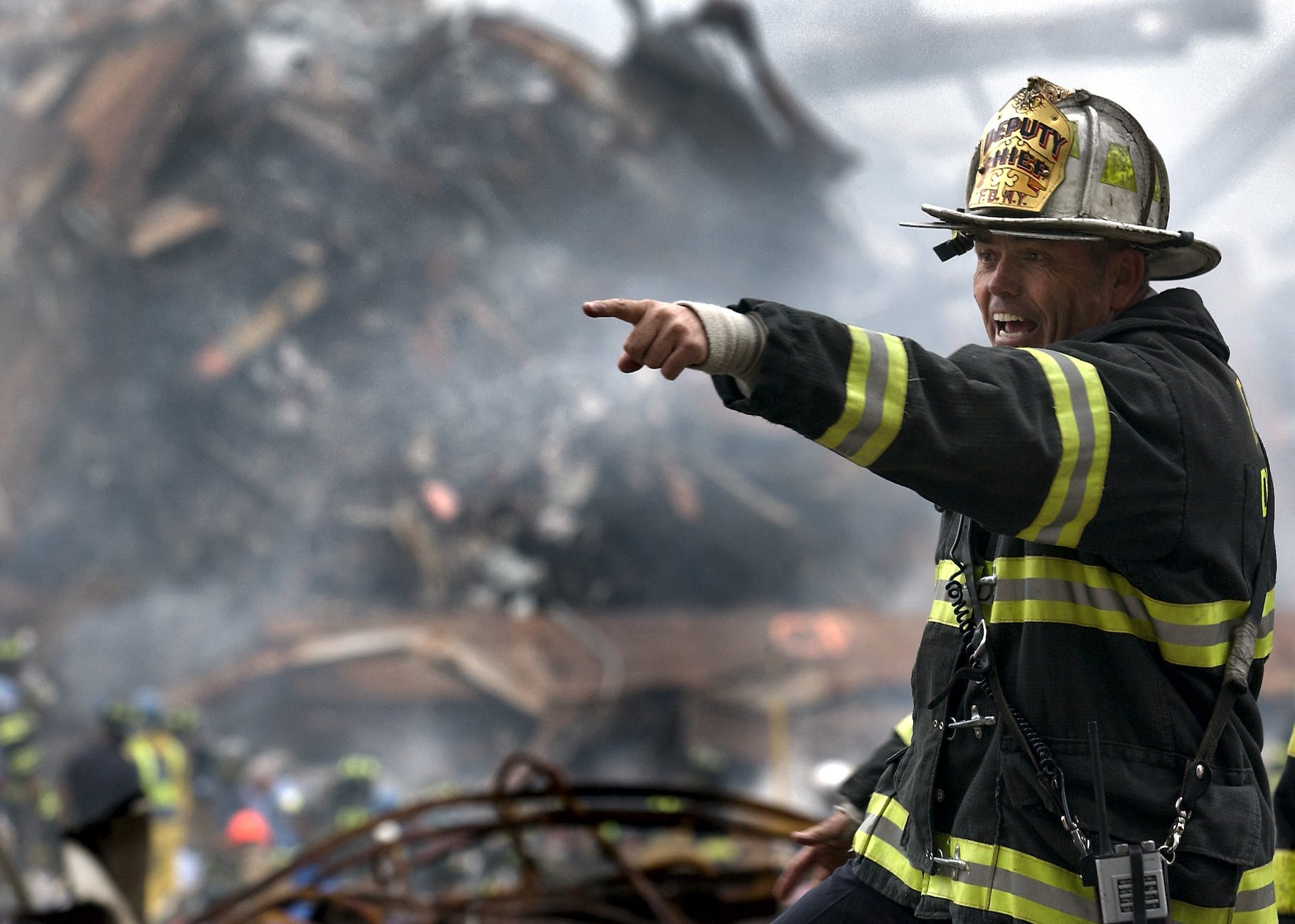
Introduction:
Importance of Safety Officers : In the bustling world of organizations and industries, there are individuals who work tirelessly behind the scenes, ensuring the safety and well-being of everyone. They are the unsung heroes, the dedicated safety officers who play a pivotal role in safeguarding lives and preventing accidents. In this blog post, we shine a well-deserved spotlight on these exceptional professionals, celebrating their crucial role and highlighting the immense importance of safety officers in our lives.
Importance of Safety Officers
1. Guardians of Safety: The Responsibility They Bear
Safety officers are the silent guardians who take on the responsibility of protecting lives and property within an organization. From meticulously conducting risk assessments to devising comprehensive safety protocols, their expertise ensures that everyone can work and thrive in a secure environment.
2. Leading by Example: Fostering a Culture of Safety
Safety officers lead by example, showcasing the significance of safety in every action they take. Their commitment to best practices, adherence to safety regulations, and promotion of a strong safety culture inspire others to prioritize safety in their daily routines.
3. Proactive Approach: Nipping Hazards in the Bud
A crucial aspect of a safety officer’s role is being proactive. They anticipate potential hazards and take preemptive measures to prevent accidents before they can occur. Their vigilance helps create a safer working environment and minimizes risks for all.
4. Emergency Response: The Calm Amidst Chaos
When emergencies strike, safety officers step into action, acting as pillars of strength and guidance. Their well-rehearsed emergency response plans and quick decision-making skills are instrumental in mitigating the impact of accidents and providing timely assistance to those in need.
5. A Bridge Between Management and Employees
Safety officers act as a bridge between management and employees, fostering open communication regarding safety concerns. Their approachable demeanor encourages employees to report potential hazards, contributing to a safer workplace for everyone.
6. Beyond Physical Safety: Caring for Mental Well-being
Safety officers recognize that safety extends beyond just physical well-being. They advocate for mental health awareness, offering support systems and resources to address stress, anxiety, and other emotional challenges that employees may face.
7. Continuous Learning: Staying at the Forefront of Safety
To remain effective, safety officers are committed to continuous learning. They stay updated on the latest safety regulations, attend workshops, and engage in professional development to enhance their skills and expertise.
8. Unsung Heroes: Recognition and Appreciation
Despite their critical role, safety officers often work behind the scenes without seeking recognition. It is essential for organizations and individuals to acknowledge and appreciate their unwavering dedication, as it motivates them to continue their vital mission.
9. A Safer Future: Investing in Safety Officers
By recognizing the importance of safety officers and investing in their training and development, organizations demonstrate their commitment to the well-being of their workforce. In doing so, they contribute to building a safer and more secure future for all.
Conclusion: A Grateful Salute to Safety Officers
“The Unsung Heroes: Celebrating the Importance of Safety Officers” pays tribute to these exceptional individuals who dedicate their careers to preserving lives and ensuring safety in all aspects of our lives. Their tireless efforts, dedication, and selflessness make them true heroes, and it is essential for us to acknowledge their invaluable contributions. Let us celebrate safety officers and work hand in hand to create a world where safety is everyone’s priority.
FAQs
1. What is the role of a safety officer?
Safety officers are responsible for identifying and mitigating workplace hazards, implementing safety policies, conducting investigations, and ensuring compliance with safety regulations.
2. How does having safety officers benefit companies?
Safety officers reduce workplace accidents, improve employee morale, minimize legal risks, enhance the company’s reputation, and foster a culture of safety.
3. What qualifications are required to become a safety officer?
Aspiring safety officers typically need a bachelor’s degree in occupational health and safety or a related field, along with relevant certifications and practical experience.
4. Which industries rely heavily on safety officers?
Industries such as construction, manufacturing, healthcare, transportation, and oil and gas heavily rely on safety officers to maintain safe operations.
5. What challenges do safety officers face?
Safety officers may face challenges in balancing production and safety, handling resistance to safety measures, keeping up with evolving regulations, and managing high-risk situations.
























